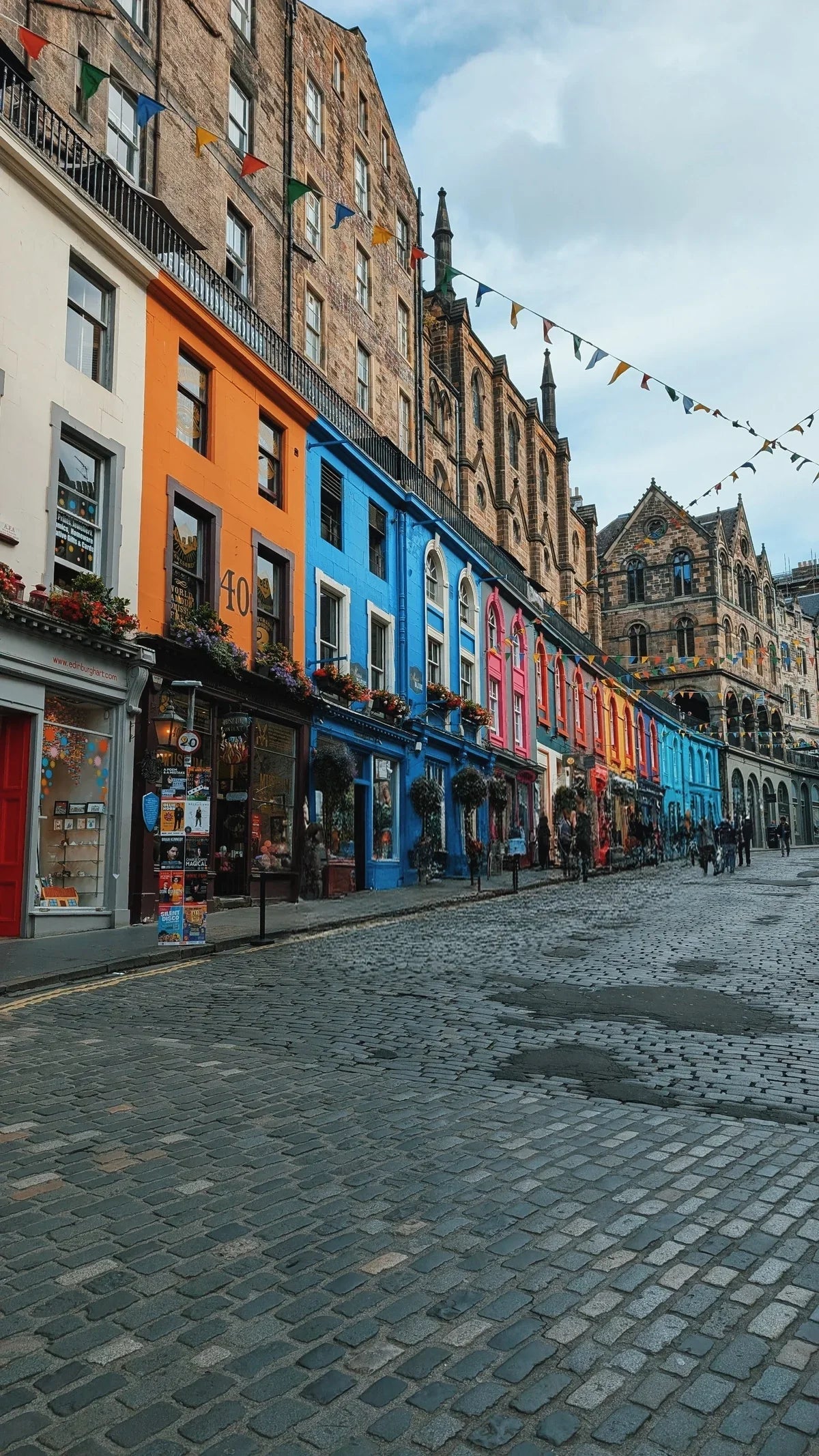Binondo, Manila, Philippines

You can find a Chinatown in nearly every major city on the globe. But the neighborhood of Binondo in Manila holds the distinction of being the oldest existing Chinatown in the world. Established in the late 16th century by Spanish colonizers as a settlement for Chinese immigrants, Binondo is packed with vibrant shops, markets, and temples, including the famous Filipino-Chinese community center, the Binondo Church (built by Dominican priests in 1596 for Chinese converts to Catholicism) and the 400 year-old Seng Guan Temple.
Food walks are a must—such as Ivan Man Dy’s Old Manila Walks, which has been helping visitors snack their way through Binondo for over 18 years, sampling famous delicacies like hopia (a bean-filled pastry introduced by Fujianese immigrants during the American occupation of Manila) and tikoy (a sticky-sweet glutinous rice cake). Annual festivals and events, such as Chinese New Year and the Binondo Food Wok highlight the local color, cultural cachet, and culinary heritage that can only be uniquely Binondo.
Melaka (Malacca), Malaysia

A major Southeast Asian trading port in the 15th and 16th centuries, Malaysia’s oldest city, Melaka (Malacca) is a melting pot where Malay, Chinese, Indian, and European influences converge. Sprinkled throughout a city center that has been declared a UNESCO World Heritage Site, landmarks such as the A Famosa fort, St. Paul's Church, and the Baba-Nyonya Heritage Museum are best seen on foot. Melaka is rife with shopping and nightlife options, from traditional markets to modern malls; as day turns into night, lively street markets to atmospheric bars and clubs come alive.
Tired feet? Hop on a boat ride along the Melaka River for lovely city views—or stop for a bite along the way. Melaka is famed for its unique Peranakan cuisine, fusing Chinese and Malay flavors in traditional dishes such as laksa, asam pedas, and satay celup. Accessible by bus, train or a two-hour drive from Kuala Lumpur, Melaka’s culinary and cultural treasures are within easy reach for the curious (and hungry!) culture vulture.
Gyeongju, South Korea

One of the oldest and most walkable cities in South Korea, the former Silla Kingdom capital is dotted with stunning UNESCO sites tucked into picturesque landscapes. Chief among these are Bulguksa Temple and Seokguram Grotto on the slopes of Toham Mountain, which offer stunning views of the surrounding countryside. A leisurely walk along stone paths bypasses ancient temples, pagodas, and statues.
A stroll through Tumuli Park takes you through a collection of tombs dating back to the Silla kingdom, which ruled the region from the 7th to the 10th century. Many of the ancient burial mounds have been excavated to reveal precious artifacts and treasures buried with royalty. Marvel at the Cheomseongdae Observatory, believed to have been built in the 7th century and the oldest known astronomical observatory in Asia. End with a reverie at Anapji Pond, a beautiful artificial pond that was built in the 7th century as part of the Silla palace complex of the Silla kingdom. Reflections on its tranquil waters and footsteps on ancient stone bridges bring the serenity of the ages to the modern-day traveler.
Old Town Hoi An, Vietnam

When it comes to walking routes, the Old Town of Hoi An in Vietnam will leave you spoilt for choice. Meander through the UNESCO World Heritage-listed Old Town, where you can see well-preserved buildings dating back to the 17th and 18th centuries, including traditional houses, assembly halls, and pagodas. Stop by the Japanese Bridge, a symbol of the town, and the 400-year-old Chinese temple. Along the Thu Bon River, see traditional wooden houses and boats that line the river, as well as the Tan Ky House, a traditional merchant's house that dates back to the 19th century.
Did you know that Hoi An is renowned for its tailors? A Tailors’ Walk through the streets of the town showcases local tailors at work, where the curious can learn about the history of their trade, and the stylish can have expertly crafted clothes made to measure. Finally, no walk would be complete without a local snack. Hoi An is known for delicious delicacies such as cao lau, a type of noodle dish, and famous White Rose dumplings.
Shikoku Pilgrimage, Shikoku Island, Japan

Seeking contemplation and a challenge? A spiritual journey through 88 temples on the island of Shikoku in Japan and a major holy route for practitioners of the Shingon sect of Buddhism, the Shikoku Pilgrimage is considered one of the most demanding—and rewarding walks—in the country. The full route—around 1,200 kilometers—can take anywhere from one to three months to complete, depending on the pace of the walker.
You can choose to walk the entire route—marked by red arrows and wooden plaques with the temple's name, number and a map of the temple's location—or just a portion of it, and can take as much time as they need to complete it. Accommodations, such as temples and minshukus (guesthouses), can be found along the way, as well as rest areas, vending machines and other amenities. Or simply start with a smaller section of the route or just a specific temple, and see how far you go.
Bring comfortable walking shoes, clothes suitable for the weather, and a hat, sunglasses and sunscreen to shield yourself from the sun. No matter what level of challenge you’re up for, the rewards are abundant: stunning landscapes and ancient temples, the opportunity to experience the beauty of the Japanese countryside and connect with the spiritual practices of Buddhism, and be surprised by potentially life-changing encounters with pilgrims on the same journey.






